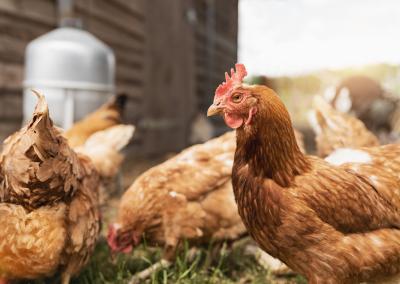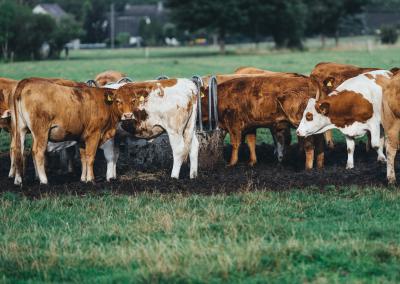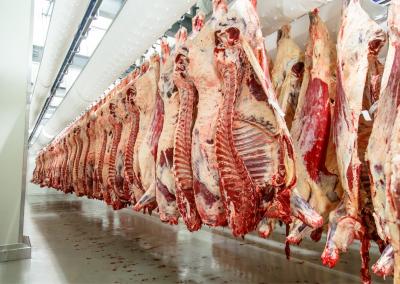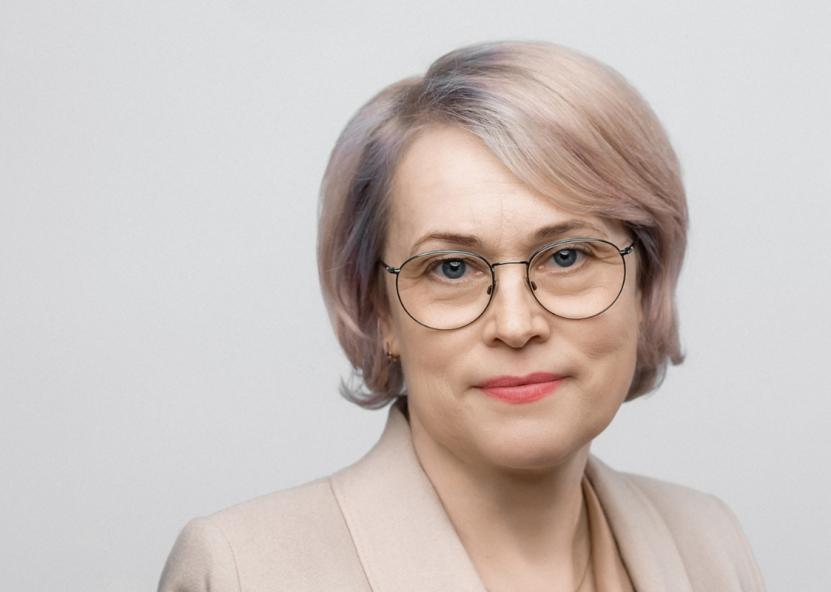In a context of shrinking budget collections - where to find the money for the state?
The publication of figures showing a €111 million drop in state budget revenue and tax collections in January is bad news at a time when we are striving to increase the defence budget and meet other commitments to social groups. It raises the risk that politicians may seek to compensate for the shortfall in finances by raising taxes. In this context, I would therefore like to draw attention to the real possibility of increasing budget revenues without additional burden on society or business – by curbing the šešešely market. I will only touch on one part of it – the illegal trade in plant protection products used in agriculture (pesticides), the transparency of which could add around €44 million to the state budget each year.
According to data recently published by the State Plant Production Service, 40 farm inspections have revealed that as many as 12.5% of samples are contaminated with pesticides banned in Lithuania. In other words, every 8th sample contained substances on plants that should not be present. This is a crazy high number considering that out of 40 inspections, 30 were planned and only 10 were unexpected.
It is estimated that up to a fifth of plant protection products used in Lithuania are illegal: banned, falsified or adulterated. As recently as 2021, the Financial Crimes Investigation Service (FCIS) found that the šešešlate market in pesticides had caused over €44 million in damage to the state, and over €20 million in unpaid Value Added Tax (VAT). So we are talking about a loss of millions of euros to the State every year, which would be extremely valuable in addressing šally the šday-to-day financing issues.
Farmers and agribusinesses, as well as the authorities, are well aware that the trade in illegal pesticides &scaron>is nowadays almost open – it is easy to buy them in markets, in regional shops, and even illegal products are delivered directly to the farms.
The damage caused by this indifference is not only in terms of uncollected revenue for the state budget, but also in terms of distorting the conditions of competition between honest farmers and legitimate traders, in terms of misleading the consumer, and finally, but most importantly, in terms of the threat to human health and the environment.
The placing on the market of plant protection products is the most heavily regulated area, but šie the requirements naturally only apply to legal market operators. Meanwhile, it is easy to obtain substances on the secondary market that have been imported illegally or that are banned for use in plant production. Consequently, some of these substances may be harmful to human health and their use on farms is a serious alarm signal. The black market for plant protection products does not seem to be a priority for the authorities, even though it is the one that poses a direct threat to human health or even life.
The black market also leads to deception of consumers. For example, last year, the European Food Safety Authority (EFSA), which examined over 87,000 food samples in Europe, found that almost one in five samples (18.58%) labelled as organic contained chemical pesticide residues. As farms should not use specified chemical plant protection products at all, EFSA's discovery is scandalous as it shows that consumers are being deceived either by mislabelling products or by growing them in a way that is not what is claimed.
Finally, the need to protect honest farmers and legitimate businesses is also an important reason to fight the free market. Farmers who buy legal plant protection products from legitimate traders are making sustainable choices – they pay their taxes, keep proper records of their use of plant protection products, take care of the quality and safety of their food and the environment. Therefore, the State should not tolerate those who choose to buy counterfeit products or use banned, harmful substances.
What is needed to see a breakthrough in the fight against illegal pesticide trade in Lithuania? Greater attention from public authorities and law enforcement officials: proper regulation, greater cooperation between controlling authorities, information exchange and raids and inspections based on the analysis of available information. It is quite easy to buy illegal products in markets, on the internet or by other means, so it is essential that law enforcement makes it as difficult as possible for the illegal trade to operate. In the meantime, it is more risky to possess one gram of cannabis herb than 10 tonnes of illegal chemicals.








































































































